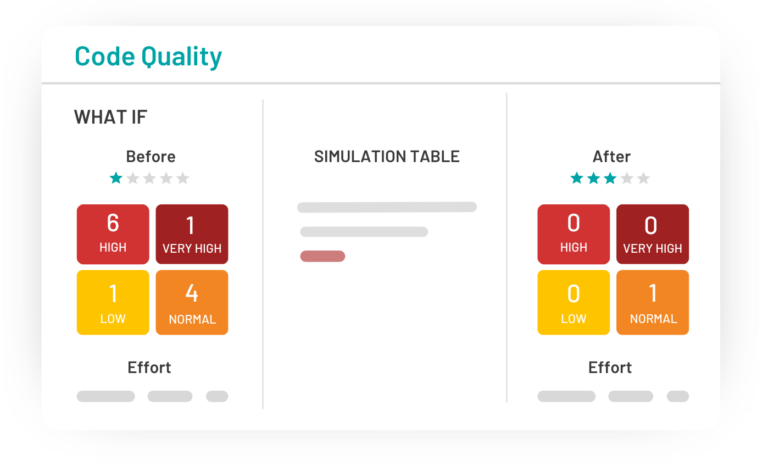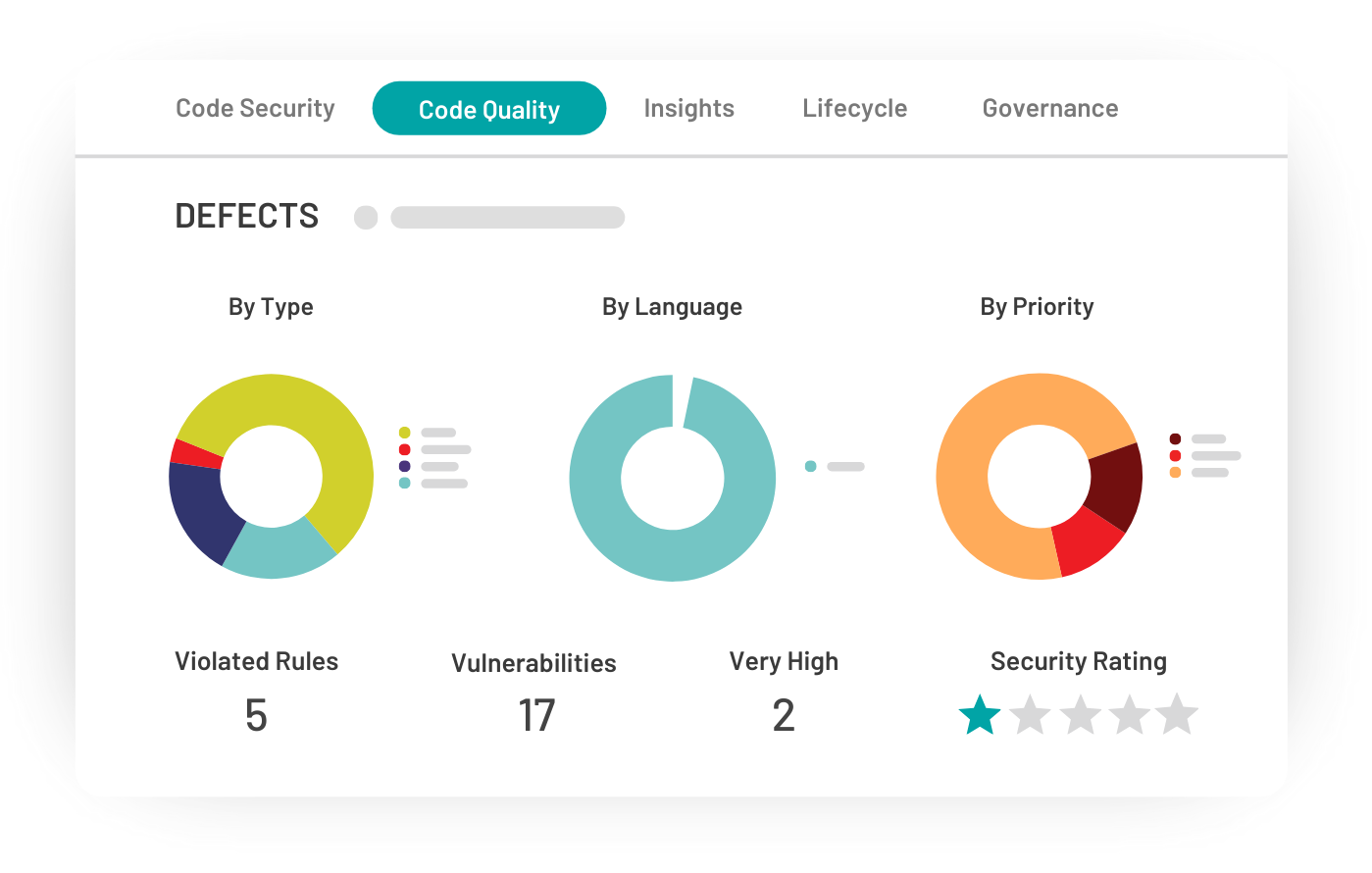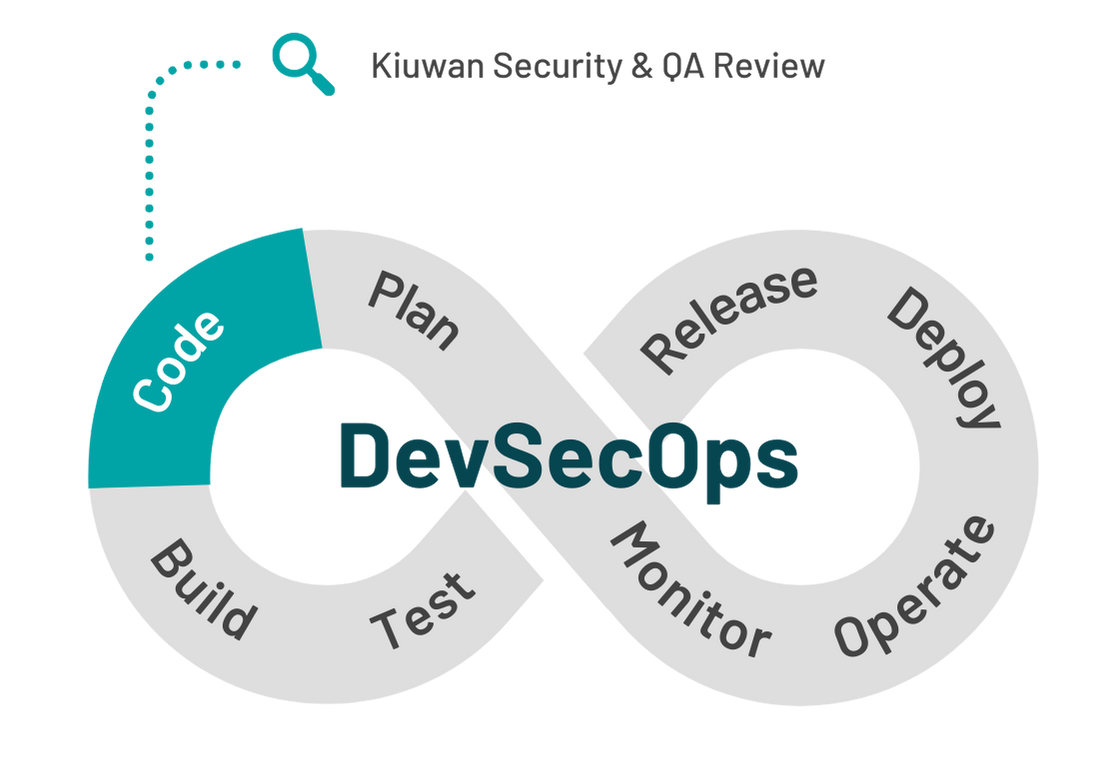
Code quality goes far beyond not having any bugs—it means having software that’s reliable, maintainable, and secure. Using static code analysis allows you to update or eliminate obsolete code so your entire application can run better.
This also has security implications. By having unnecessary or obsolete code in your software, your application has a broader attack surface area that hackers can use to get where they don’t belong. Improving your code quality reduces the surface area for them to use.

Bad actors and other attackers are constantly looking for vulnerabilities in open-source code. Taking a reactive approach to security can potentially put your users’ information at risk and leave you liable for millions of dollars in damages.
Static code analysis enables a proactive approach by identifying vulnerabilities early and staying up to date with open-source patches and best practices. This process protects not only your app and users but also your brand reputation by reducing potential liabilities.
Nobody likes dealing with an app that’s sluggish or unresponsive. Using static code analysis gives you the tools you need to make your application more efficient.
The initial phase of static code analysis is parsing your source code so the tool can correctly interpret your program’s structure as it looks for potential issues. During this stage, the tool checks for syntax errors and prepares the code for deeper analysis.
Static code tools use data flow analysis to trace the flow of data within the code. This helps developers detect issues relating to uninitialized variables, insecure data handling, logic errors, data dependencies, and potential runtime errors before they cause problems.
Static code analysis tools generate reports that outline detected vulnerabilities, code quality issues, and other findings. These reports prioritize issues by severity so your team can address the most critical risks first. Kiuwan streamlines this process with real-time alerts and actionable insights to help your team stay ahead of potential threats to your app’s security and quality.

Kiuwan keeps your code in alignment with industry standards like OWASP, CWE, and ISO 25000 by identifying noncompliance issues so teams can maintain secure, high-quality codebases while meeting regulatory requirements.
Kiuwan establishes threat models to understand how hackers can exploit your code and set up simulations of real-world attacks. By analyzing threats earlier, teams can implement proactive measures to mitigate risks and strengthen application security.